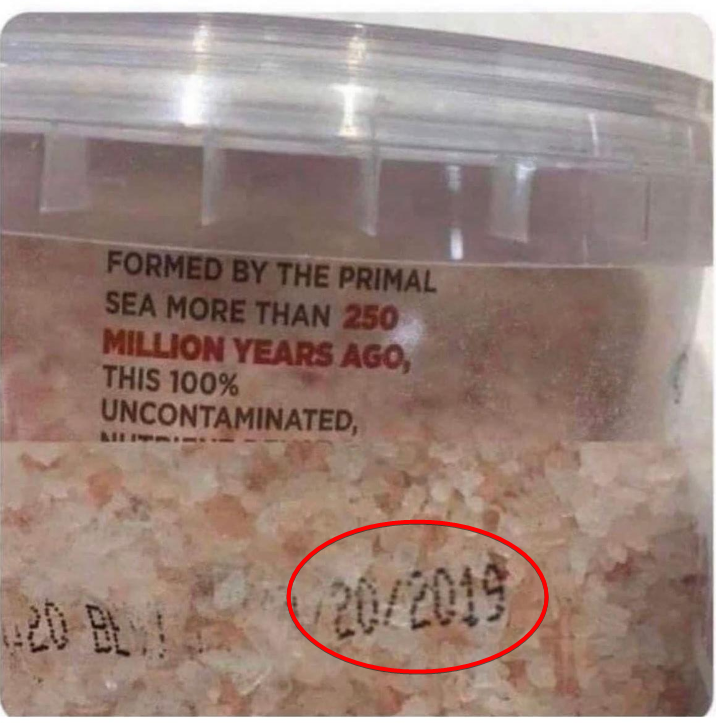this post was submitted on 09 Jun 2024
307 points (98.4% liked)
Science Memes
10348 readers
1933 users here now
Welcome to c/science_memes @ Mander.xyz!
A place for majestic STEMLORD peacocking, as well as memes about the realities of working in a lab.

Rules
- Don't throw mud. Behave like an intellectual and remember the human.
- Keep it rooted (on topic).
- No spam.
- Infographics welcome, get schooled.
Research Committee
Other Mander Communities
Science and Research
Biology and Life Sciences
- [email protected]
- [email protected]
- [email protected]
- [email protected]
- [email protected]
- [email protected]
- [email protected]
- [email protected]
- [email protected]
- [email protected]
- [email protected]
- [email protected]
- [email protected]
- [email protected]
- [email protected]
- [email protected]
- [email protected]
- [email protected]
- [email protected]
- [email protected]
- [email protected]
- [email protected]
- [email protected]
- [email protected]
- !reptiles and [email protected]
Physical Sciences
- [email protected]
- [email protected]
- [email protected]
- [email protected]
- [email protected]
- [email protected]
- [email protected]
- [email protected]
- [email protected]
Humanities and Social Sciences
Practical and Applied Sciences
- !exercise-and [email protected]
- [email protected]
- !self [email protected]
- [email protected]
- [email protected]
- [email protected]
Memes
Miscellaneous
founded 2 years ago
MODERATORS
you are viewing a single comment's thread
view the rest of the comments
view the rest of the comments

From what I heard, salt is usually packaged with iodine or some substances that prevent clumping that expire over time. So after some time the salt won't have those anymore, but it should be safe to consume. Salt cannot spoil because bacteria cannot grow in salty places.
Don't know how plastic containers relate to that sadly.
sodium iodide does not prevent clumping. typical anti-caking agents in salt are: fumed silica, potassium ferrocyanide, alumosilcate salts [Na+ | Ca2+ | K+] and sometimes, more frequently in organic products: simple carbonate salts (also [Na+ | Ca2+ | K+]).
I know there are people who are afraid of anything with with the word "cyanide" anywhere in the description but ferrocyanides are really quite harmless. they are so harmless in fact that they are a common component of chemistry kits for little kids to make prussian blue.